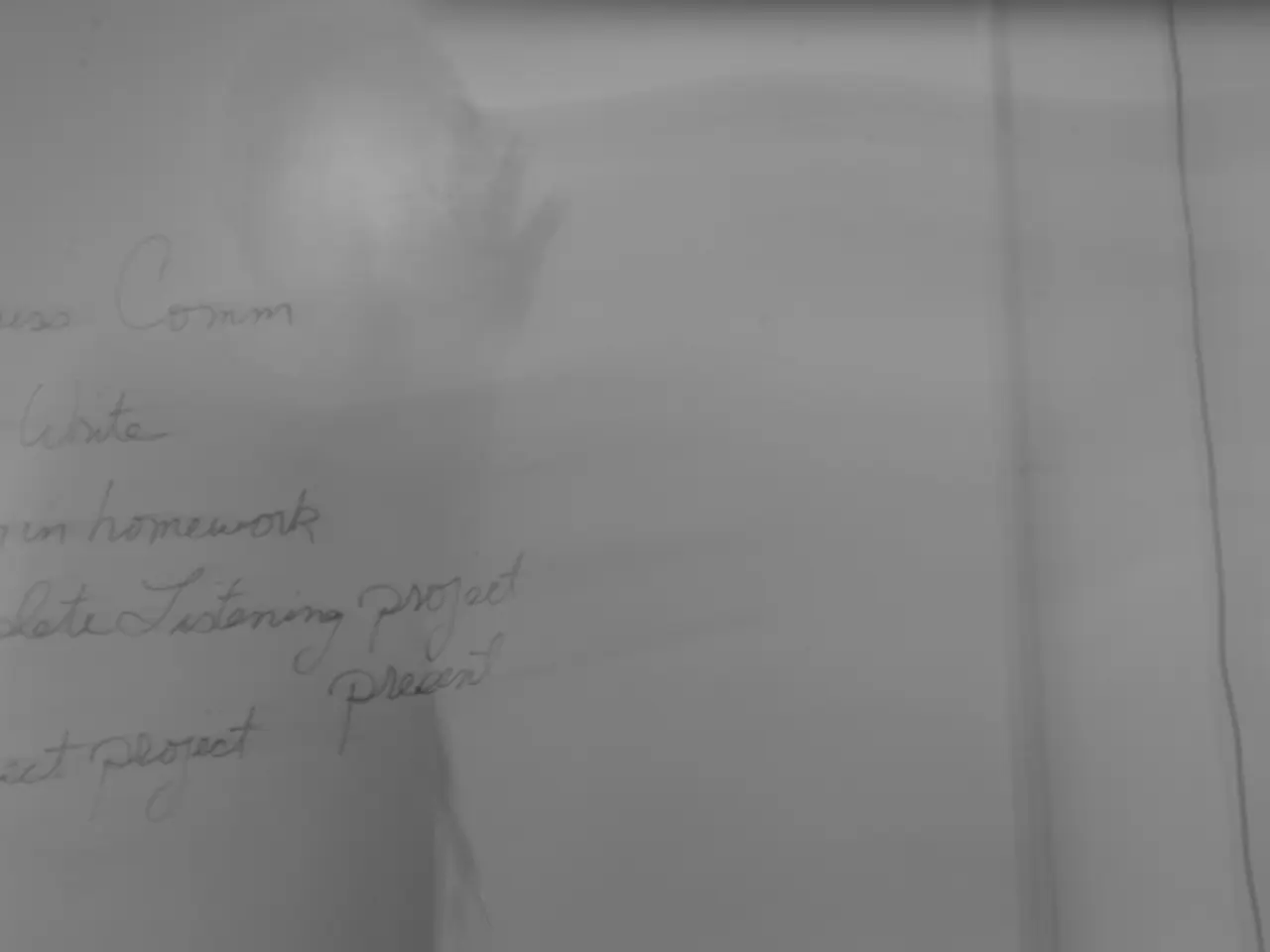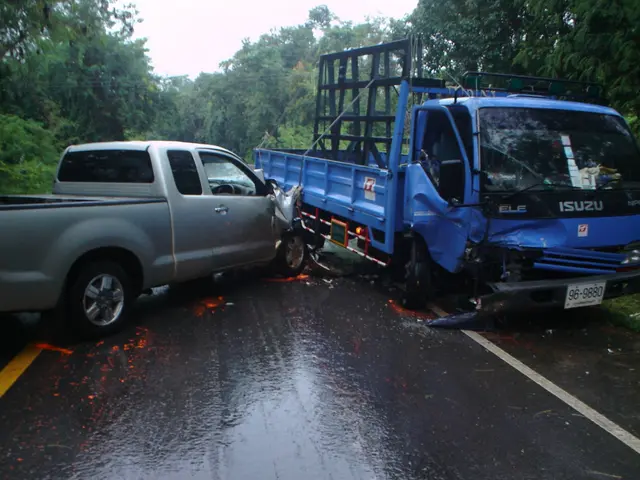Prevent a select few from hindering the plastics agreement: WWF
The world is grappling with a persistent issue: plastic pollution. A significant chunk of this problem can be traced back to single-use plastics, which account for 60% of global plastic production and 70% of plastic pollution [1][2][5].
In an attempt to address this crisis, over 180 countries are negotiating a legally binding international agreement, the Global Plastics Treaty, in Geneva. This treaty aims to end plastic pollution by addressing the full lifecycle of plastics—from design and production to waste management and disposal [1][2][5].
However, progress has been slow. The negotiations have been deadlocked by a small minority of plastic- and oil-producing countries, who view measures such as reducing plastic production and phasing out toxic additives as a threat to their profits [1][4]. This opposition has contributed to the collapse of several rounds of negotiations, including the fifth round in 2024 and the INC-5.2 in 2025 [1][2].
Despite these setbacks, there remains international determination to resume dialogue and finalize an effective global framework to combat plastic pollution [1][2][4][5]. Among the potential alternatives or pathways forward are renewed negotiation rounds, incremental approaches, stronger commitments from civil society, and the creation of nonbinding or partially binding agreements as interim steps [2][4].
Encouragingly, there is majority support for essential treaty measures, such as bans on certain products and chemicals and limits on production [1][2]. Furthermore, at least 133 countries support all four global rules identified by WWF to end plastic pollution, which include banning harmful plastic products and chemicals, transitioning towards a circular economy, providing financial and technical support for developing countries, and allowing the treaty to be strengthened and adapted over time [1][2].
Mexico has been a leading force in this movement, mobilizing 95 countries to support a global phaseout of the most harmful products and chemicals of concern [1]. Similarly, Rwanda has led 84 countries to declare a shared commitment for measures including a global target to reduce plastic production [1].
At the UN Oceans Conference in Nice in June, 95 countries reaffirmed their commitment to an ambitious plastics treaty [1]. As the world watches, negotiators remain optimistic about continuing talks in the future, although no new dates have been set [2][4].
In the words of Zaynab Sadan, the global plastics policy lead at WWF, "There is a clear global will to end plastic pollution, and we must not let a small minority of countries stand in the way of progress" [1]. The future of our planet depends on it.
[1] - Global Plastics Treaty [2] - WWF [3] - United Nations Oceans Conference [4] - The Guardian [5] - National Geographic
Read also:
- Germany's three-month tenure under Merz's administration feels significantly extended
- United Nations Human Rights Evaluation, Session 45: United Kingdom's Statement Regarding Mauritius' Human Rights Record
- Hurricane-potential storm Erin forms, poised to become the first hurricane in the Atlantic Ocean this year.
- Europe endures a sweltering heatwave, amplifying the risk of wildfires in France.








